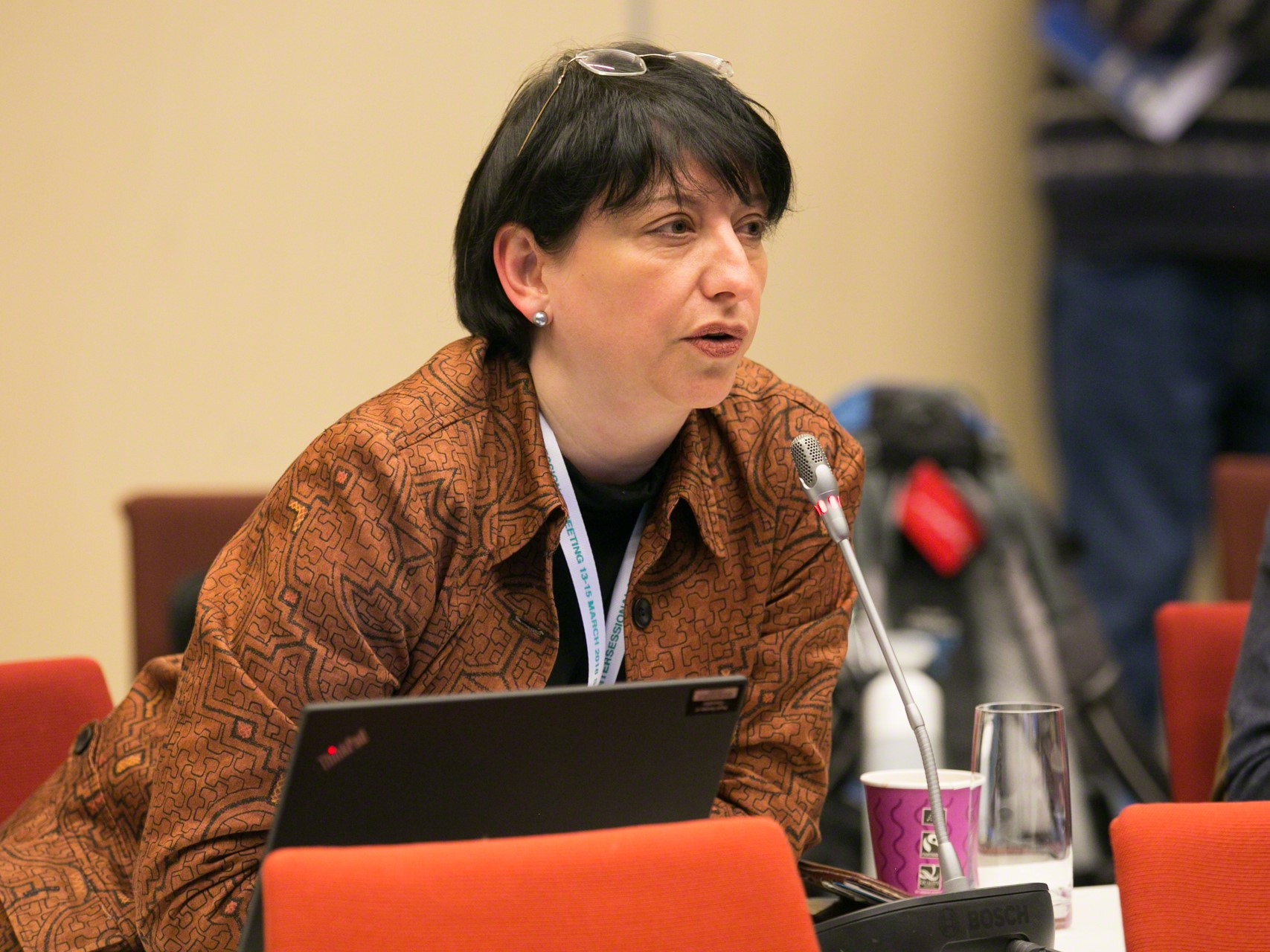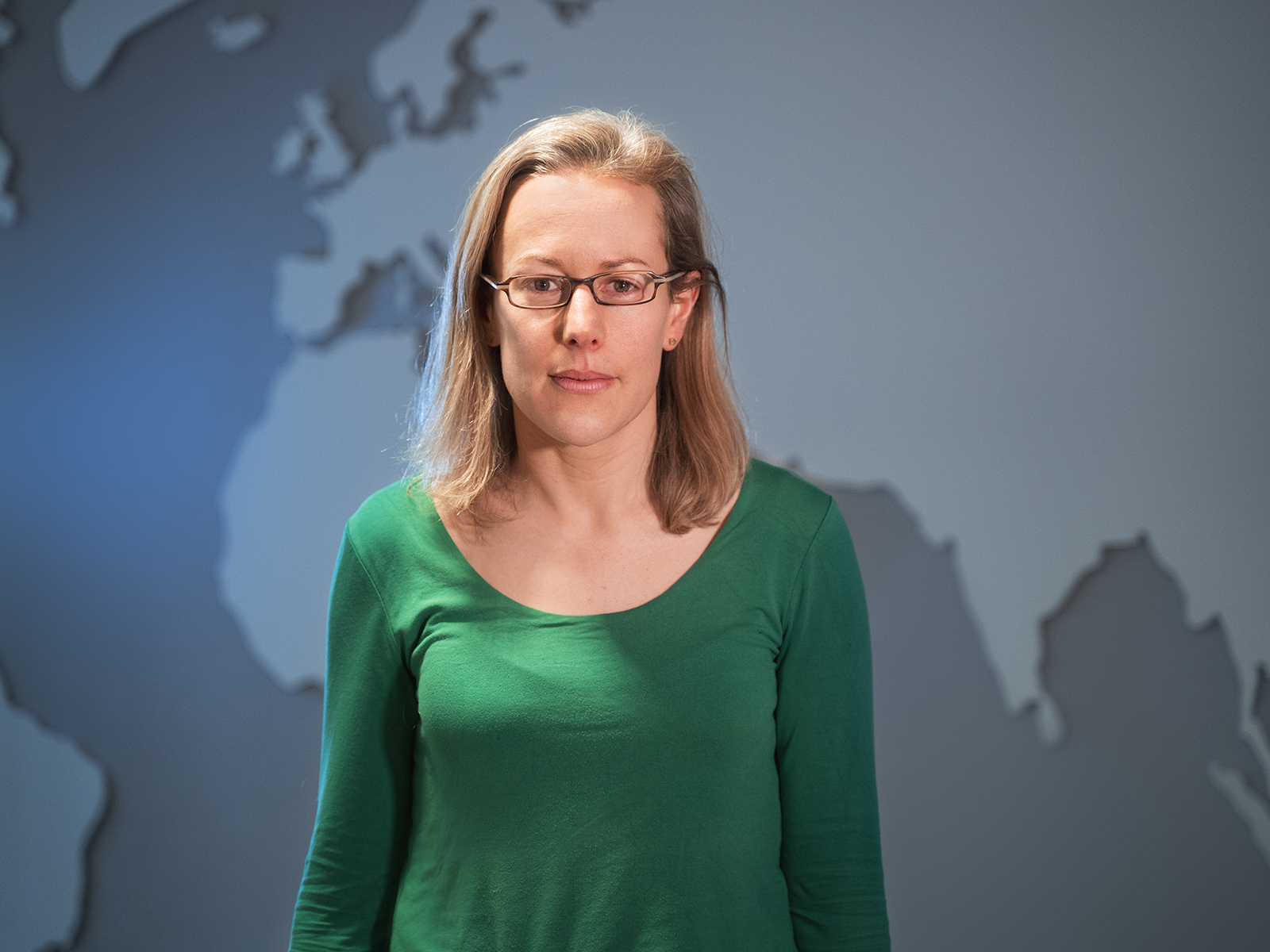Tackling teacher shortages

Why aren’t there enough chemistry teachers? In the latest in a series of articles on RSC policy work, Annette Farrell from our education policy team considers some of the issues affecting teacher recruitment and retention in the UK. Annette discusses the importance of teachers’ subject-specific expertise, and suggests that supporting and developing the existing teaching workforce is key to tackling ongoing teacher shortages.
Teachers are the most important resource in our schools. Great chemistry teachers can change lives. They can inspire some students to pursue STEM careers and ensure that others become scientifically literate members of society. But what is a great chemistry teacher? Teaching requires a complex set of skills and an individual’s success in the classroom depends on a wide range of factors. However, evidence does suggest that the most effective teachers have an in-depth knowledge and understanding of the subjects that they teach.
That’s why here at the Royal Society of Chemistry we are very concerned about ongoing chemistry teacher shortages.
In England, teachers of chemistry are: amongst those most likely to leave the profession; leave within the first five years after qualifying; and move between schools. This can be a problem for schools, as high teacher turnover is associated with reduced student attainment. In addition, targets to train new teachers have not been met for a number of years. It’s a similar story in Wales, and Scotland is also showing signs of an emerging teacher supply problem.
Why aren’t there enough chemistry teachers?
Teaching can be a fantastic and rewarding career. So why are teachers leaving in their droves and why is it so hard to recruit new teachers at the moment?
Ensuring an adequate supply of chemistry teachers is a complicated issue. Demand is affected by the extent to which teachers’ disciplinary expertise is considered important and by the size of the pupil population – which, by the way, is expected to rise by almost 15 per cent between 2018 and 2027 in England’s secondary schools. Supply is affected by the perception of teaching as a career by potential new recruits and the extent to which existing teachers are satisfied with their jobs. The state of the economy and the availability and attractiveness of other employment opportunities for chemistry graduates is also likely to influence the recruitment, and potentially retention, of teachers.
Issues such as unmanageable workload, lack of professional autonomy (including around professional development goal setting) and inadequate support from school leaders are reasons often cited for why teachers leave. One of our ambitions this year is to develop a deeper understanding of factors affecting retention that are particularly relevant to teachers of chemistry. For example, does having to teach across the sciences (as many teachers do) increase workload and/or impact teachers’ feelings of self-efficacy? Does the practical nature of chemistry increase teachers’ workloads or make dealing with challenging pupil behaviour more of a problem? We are also interested in the role school science technicians may play in supporting new teachers. To that end, with support from the Gatsby Foundation, we have commissioned the National Foundation for Educational Research to conduct some analysis for us. Using data from the governments’ School Workforce Census, they are looking at the prevalence and characteristics of school science technicians in in relation to teacher retention.
Government strategy
Around this time last year, the Department for Education published its Teacher recruitment and retention strategy for England. It outlined some ambitious plans: to develop supportive school cultures and reduce workload; transform support for new teachers through the introduction of a two year ‘Early Career Framework’; ensure that teaching remains an attractive career for experienced teachers by encouraging flexible working and introducing new specialist qualifications; and simplify the process of applying to teacher training.
We are supportive of many of the ideas in this strategy and are pleased to have had numerous discussions with the DfE over the last year about how it we think some of the ideas can be implemented. Through these conversations, we have reiterated our message that high-quality subject-specific support and development is important - both as part of the Early Career Framework and throughout teachers’ careers.
Teachers’ subject expertise is important
With this new DfE strategy as a backdrop, last year we started to develop and update our thoughts about ‘specialist’ chemistry teachers. For a long time, we have – quite rightly – been advocating for more specialist chemistry teachers but, when pressed, we found it hard to pin down a definition for what we really meant by the term ‘specialist’. Is it restricted to someone with a degree in the chemical sciences? What about someone who did chemistry teacher training but came from a biology background? Or what about that teacher who has built up their knowledge of chemistry through years of experience in the classroom?
After some deliberation, we decided to move away from the binary idea of specialists and non-specialists. Our new goal is for all students to have an unbroken chain of subject experts teaching them the sciences throughout their school education. By ‘expert’, we mean a teacher with appropriate subject knowledge and pedagogical content knowledge for the curriculum and classes they are required to teach.
Realistically, the chances of us achieving this goal in secondary schools, simply by recruiting more teachers with a background in chemistry or physics, are quite slim – at least in the short or medium term. We believe therefore, that supporting and gradually developing the existing workforce (including those currently teaching outside of their nominal areas of expertise) is key to making our goal a reality.
In England and Wales there is a widespread practice of teachers of the sciences at secondary school being deployed outside of the science discipline in which they trained. Furthermore, regional inequalities exist in the system: schools in the most deprived areas are less likely to have science teachers with a qualification relevant to the main science discipline they teach.
Giving teachers adequate subject support, and encouraging school leaders to deploy their staff in line with their proven disciplinary expertise, will not only improve outcomes for students, but it is also likely to raise teachers’ perceptions of self-efficacy and may reduce their workload.
In 2020, we want to build a coalition of consensus around these ideas with a wide range of influential stakeholders, so that we can present governments across the UK with workable, long-term recommendations to tackle the problems of teacher shortages.
Related articles
Read the previous articles in our Brexit policy series

Advocating education
As part of our series on RSC policy advocacy work, Education Policy Manager Danièle Gibney highlights some of the big themes coming up in 2020 – including T-levels, the Leaving Certificate, and qualifications at the age of 16 in Wales.

Brexit policy series – Restating the importance of mobility
As part of our series on our policy advocacy work, Tanya Sheridan looks at the UK’s future immigration system and how it can be improved – and what the RSC is doing to better understand the UK chemical sciences workforce

Brexit policy series – Looking to the future
Our Senior Policy Advisor, Camilla Alexander-White, explains why government should give a high priority to chemicals regulation during the Brexit transition period.

Brexit policy series – State of play
On the eve of Brexit, our Policy & Evidence Manager Tanya Sheridan looks at the political landscape for the next 12 months